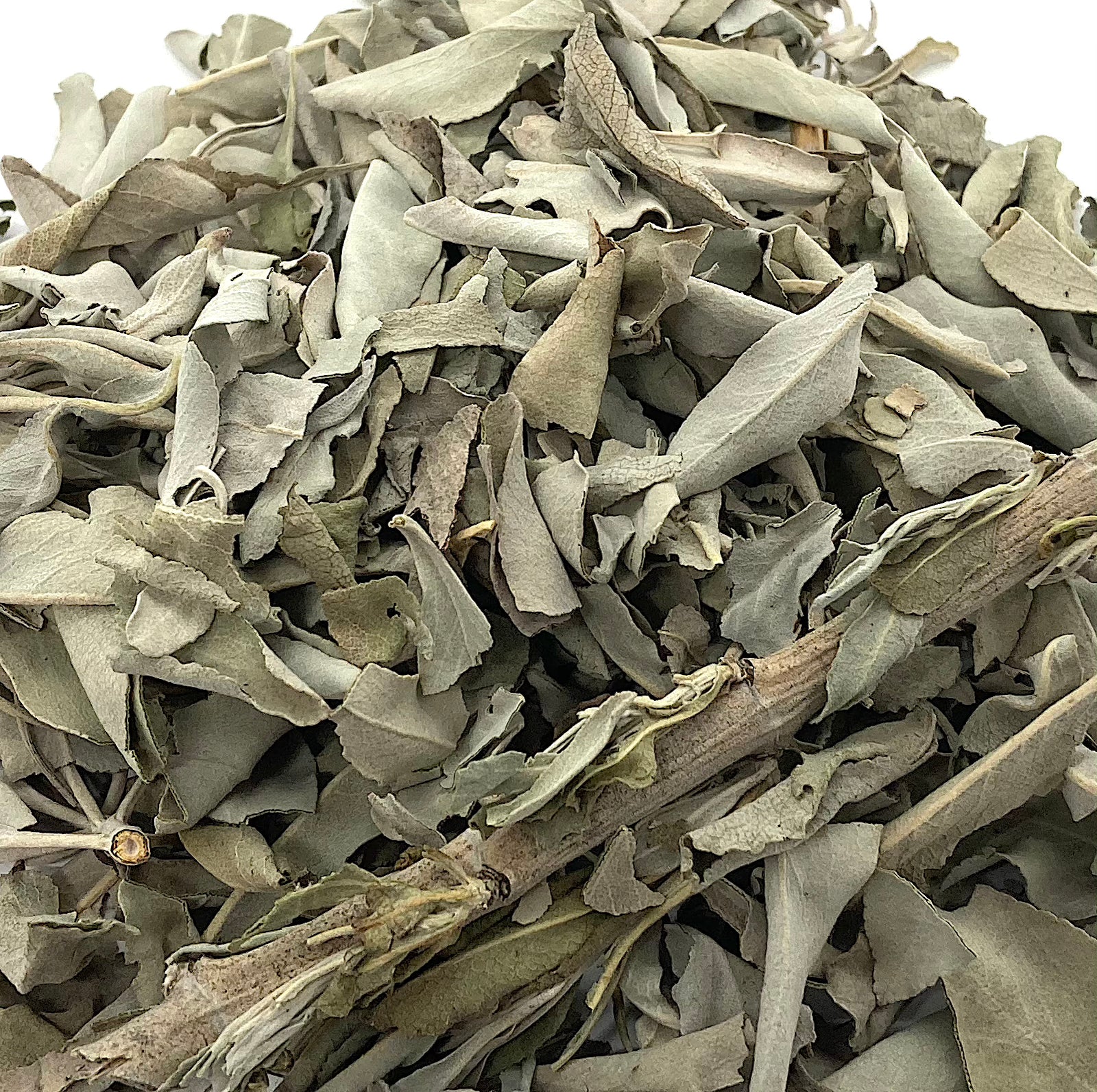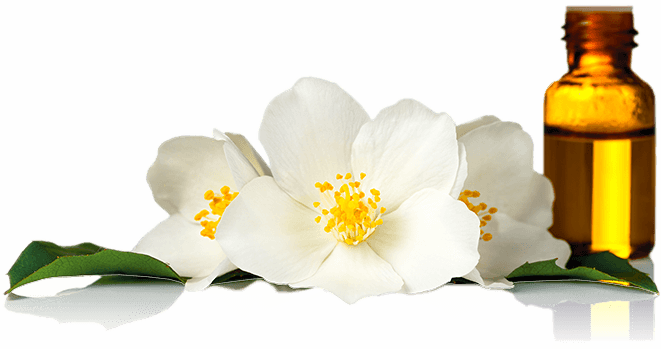Description
USA. White Sage (Salvia apiana), Whole, Cultivated, Organic
Common names: Bee Sage, Sacred Sage, White Ceremonial Sage, Kasiile, Lhtaay, We Wey
Family: Lamiaceae (mints)
White Sage is a perennial evergreen shrub that grows up to nearly five feet high, native to the southwestern US and northwest Mexico, mostly on the western edges of the Sonoran and Mojave deserts.
Native Americans living in that region revered the plant, and used White Sage leaf tea for colds, coughs, and severe cases of poison oak, as a blood purifier, to aid relaxation for patients in healing ceremonies, and as a shampoo; added the leaves to foods as flavoring; and applied fresh leaves to the armpits to control body odor. They also burned the leaves as incense or “smudge” in purification rituals.
Herbalists describe White Sage as carminative, antiseptic, and anodyne, and have suggesting gargling with the tea to soothe the pain of strep throat, and drinking it to reduce swelling and discomfort in BPH, or to stop the production of breast milk when weaning a child.
White Sage should be avoided during pregnancy and breastfeeding.
*These statements have not been evaluated by the FDA. These products are not intended to diagnose, treat, cure or prevent any disease.








